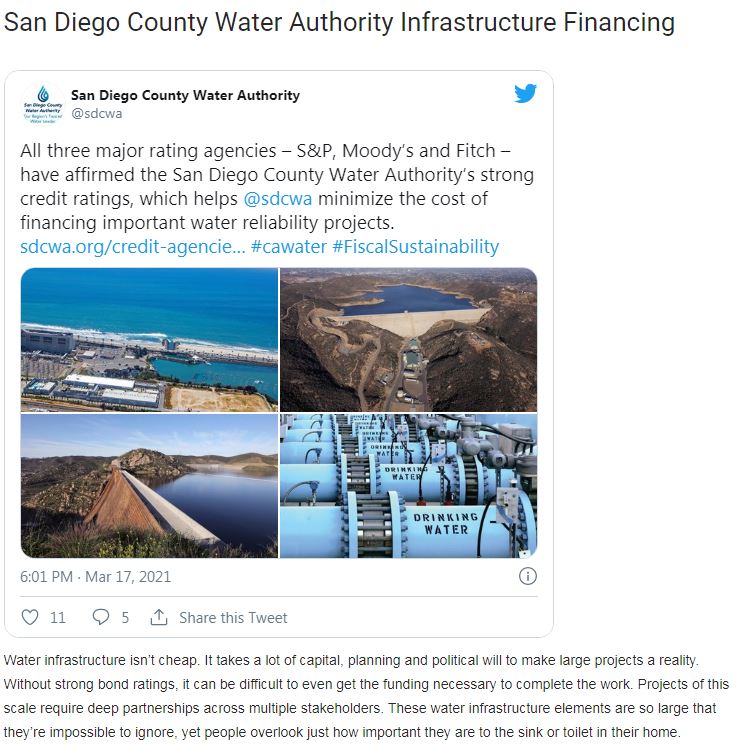This is Water Infrastructure
The water industry has a visibility problem. Often the only time that water professionals are contacted is when things have gone wrong.
Calls come in when a pipe bursts. Angry emails from a local homeowners’ association detail how sewers are backing up in basements. Lawsuits are filed when contamination is found in drinking water.
If you followed the news, you would think there are only problems and few successes with water infrastructure in the U.S. But that’s not the case. Part of the visibility problem with water infrastructure is that the industry does such a good job of making things work. In most situations things are not falling apart. Contamination is not an issue. Sewage backups are solved or eliminated, and people spend their game day blissfully unaware of the infrastructure keeping their finished basement dry.
These are successes we tell ourselves within our bubble, but they aren’t told to a wider audience. It is time to change that.
There is beauty and art in the engineering of these systems. Whether it is an array of aerators for a new mixing tank, the reflection of the sunrise in an open-air clarifier, or the organized jumble of purple pipe at a water reclamation facility, water infrastructure is not invisible. It’s right there.
Below is a growing and updated list of examples of water infrastructure throughout the U.S. Tag @WWDmag or @BCrossen on Twitter with your pictures of your infrastructure to be included in this ever-evolving and growing list. Or send an email to with the subject line “This is water infrastructure” with your location, facility name and what you admire about your local infrastructure.

A Water & Wastes Digest story said the water industry has a visibility problem with infrastructure. The magazine article featured this San Diego County Water Authority tweet, among others, on April 2, 2021.


